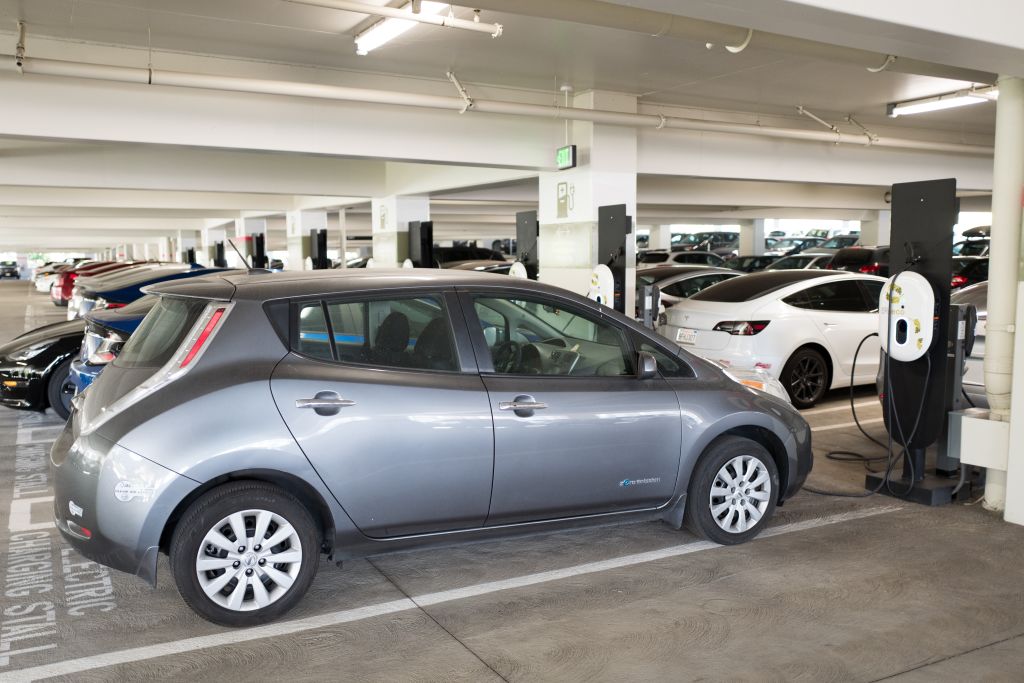are electric cars worse for the environment reddit
Why Electric Cars will NOT be the Future!

- Question 1: Are electric cars really not the future?
- The charging infrastructure for electric cars is still developing, and it is not as widespread and convenient as gas stations. Limited availability of charging stations can be a major concern for those who rely on their vehicles for long commutes or road trips.
- The cost of electric vehicles is still relatively higher compared to traditional gasoline-powered cars. Although the prices have been decreasing over the years, upfront costs and battery replacement costs can still be a barrier for many consumers.
- The range anxiety associated with electric cars is another factor. While the ranges of electric vehicles have improved significantly, there is still a perception that they cannot compete with gas cars in terms of long-distance travel without frequent recharging stops.
- The production and disposal of lithium-ion batteries used in electric cars have environmental implications. The extraction of raw materials for battery production and the recycling process of spent batteries need to be further optimized to minimize their overall environmental impact.
- Gasoline-powered cars have a well-established infrastructure, manufacturing processes, and supply chains. Transitioning the entire automotive industry to electric vehicles would require significant investments, policy changes, and time for adaptation.
- Question 2: How do electric cars contribute to reducing greenhouse gas emissions?
- Zero Tailpipe Emissions: Unlike gasoline-powered cars, electric cars produce zero tailpipe emissions. This means they do not emit harmful pollutants such as carbon dioxide (CO2), nitrogen oxides (NOx), or particulate matter directly into the atmosphere while driving.
- Renewable Energy Integration: Electric cars can be powered by electricity generated from renewable sources such as wind, solar, or hydropower. By charging electric vehicles with clean energy, the overall carbon footprint of transportation can be significantly reduced.
- Energy Efficiency: Electric cars are more energy-efficient compared to combustion engine cars. They convert a higher percentage of the electrical energy from the grid into forward motion, whereas conventional cars lose a significant portion of energy as waste heat.
- Lifecycle Emissions: While the production of electric vehicles does generate emissions, studies have shown that the lifecycle emissions, including manufacturing and driving, of an electric car can be lower compared to a similar-sized gasoline car. As renewable energy sources become more prevalent, the lifecycle emissions of electric vehicles will continue to decrease.
Electric cars are often praised as the future of transportation due to their potential to reduce greenhouse gas emissions and dependence on fossil fuels. However, there are legitimate concerns that question whether electric cars will truly dominate the automotive industry in the near future.
Expert Answer:
While electric cars are certainly gaining popularity and their market share is increasing, there are several factors that suggest they might not completely replace conventional gas cars in the foreseeable future.
It's important to note that this does not mean electric cars have no future. They are already making significant strides in the industry and are likely to play a significant role in the transition to more sustainable transportation. However, the complete replacement of gas cars with electric ones may not happen as quickly as some might anticipate.
Electric cars are often touted as an eco-friendly alternative to traditional gasoline-powered vehicles. But how exactly do they help in reducing greenhouse gas emissions?
Expert Answer:
Electric cars contribute to the reduction of greenhouse gas emissions in several ways:
It's important to consider that the overall environmental impact of electric cars depends on various factors such as the source of electricity, battery production methods, and end-of-life disposal practices. Continued efforts to improve these aspects will further enhance the environmental benefits of electric cars.
Are Electric Cars Worse for the Environment Than Gas Cars?

Overall Article: The Future of Electric Cars and Environmental Impact
In this article, we discussed the potential future of electric cars and their impact on the environment. While electric cars have gained significant attention and popularity, some questions and concerns surround their dominant position in the automotive industry.
The key points covered in this article are:
- Electric cars face challenges related to charging infrastructure, cost, range anxiety, battery production, and existing industry infrastructure.
- The reduction of greenhouse gas emissions is a notable advantage of electric cars, with zero tailpipe emissions, renewable energy integration, and higher energy efficiency.
- The lifecycle emissions of electric cars can be lower compared to gasoline cars, but various factors need to be considered for a comprehensive assessment.
While electric cars are not without challenges, they are undoubtedly making progress towards a more sustainable transportation future. With continuous advancements in technology, infrastructure development, and policy support, electric cars have the potential to become a dominant mode of transportation in the coming years.
It is crucial for consumers, manufacturers, and policymakers to work collaboratively to address the challenges and further improve the environmental credentials of electric vehicles. By doing so, we can strive for a cleaner and more sustainable future for transportation.